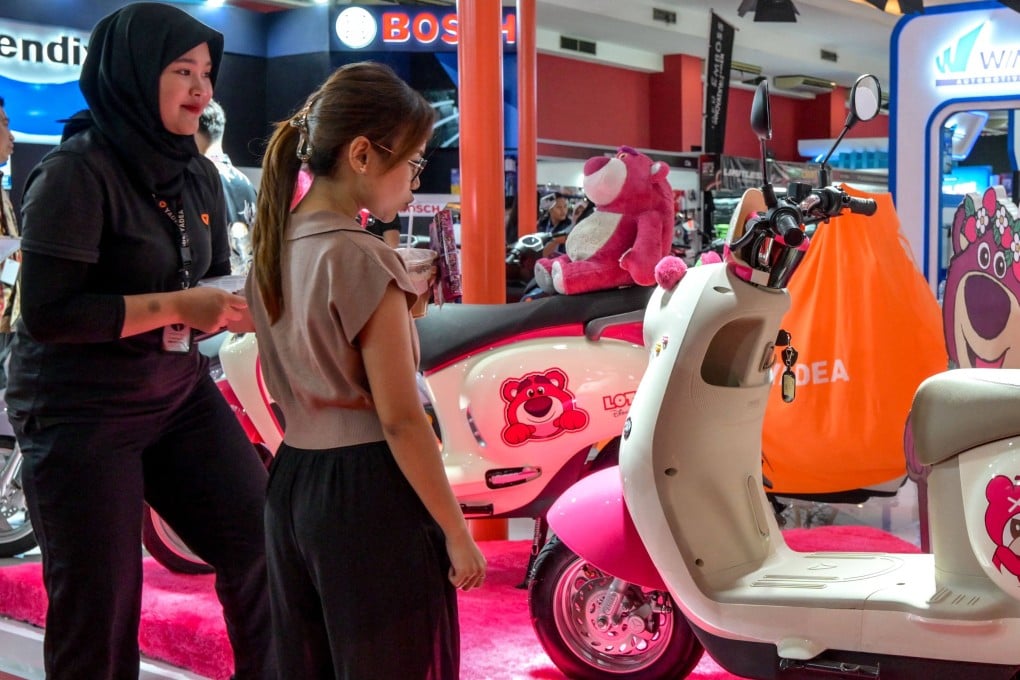Indonesia’s electric dream? A race to EV supremacy
Government incentives are driving a surge in sales, but will they be enough to shift consumer habits in Southeast Asia’s largest auto market?

But despite government incentives and rising sales, the country’s EV ambitions face a number of roadblocks, with high costs, insufficient charging infrastructure and the rapid evolution of battery technology all threatening to stall progress.
With an eye on the horizon, Jakarta has set an ambitious target of getting 2 million electric cars and 12 million electric two-wheelers on Indonesia’s roads by 2030.
To achieve this, the government has rolled out a range of policies aimed at encouraging citizens to embrace EVs and attracting foreign companies to set up shop locally.

Sales figures show that EVs are growing in popularity in Indonesia. While only 125 were sold in 2020 at the height of the pandemic, by 2023, that number had soared to 17,000, and last year it shot up to just over 43,000 units, according to data from automotive industry association Gaikindo.